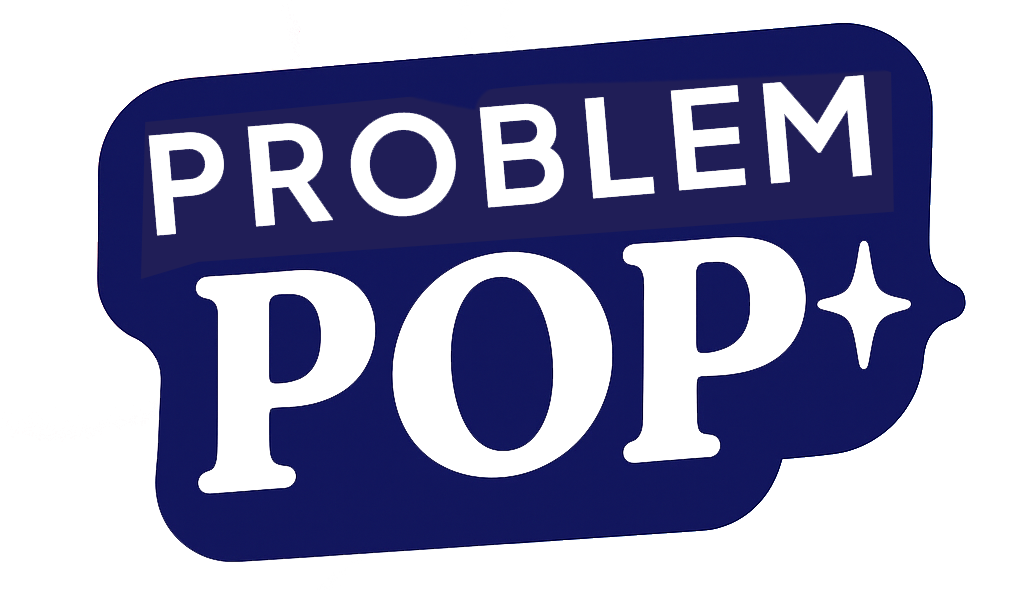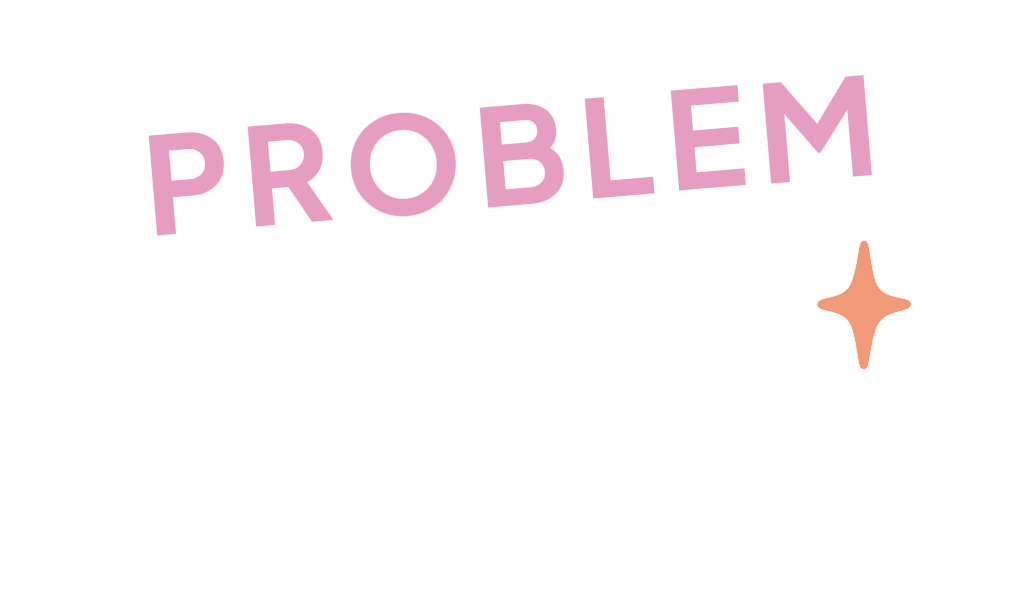How to Use Quora and Reddit to Fuel Your Entire Content Strategy
Tired of staring at blank pages whilst your content calendar mocks you? Plot twist: millions of people are already telling you exactly what they want to read about. They're called Reddit and Quora users, and they're basically doing your market research for free.
Mining Digital Gold: The Sneaky Art of Using Quora and Reddit for Content That Actually Works
Let's be honest—we've all sat there, staring at a blank document, wondering what the bloody hell to write about next. The content treadmill never stops, and somehow we're expected to keep sprinting while simultaneously coming up with brilliant, original ideas that will make our audience swoon. (Spoiler: they rarely swoon.) After watching my own candle business flame out partly because I couldn't consistently connect with my audience, I've become somewhat obsessed with finding content shortcuts that don't feel like shortcuts. And it turns out the answer was hiding in plain sight, in the digital wastelands where people actually say what they think: Quora and Reddit.
Why These "Digital Pubs" Are Content Strategy Gold Mines
Think of Reddit and Quora as the world's largest focus groups, except nobody knows they're in one, and they're brutally honest because they think no one important is listening. It's like eavesdropping on conversations at the pub, except you don't have to pretend to be texting while secretly noting down what people are saying.
On these platforms, people aren't performing for brands—they're asking genuine questions, venting frustrations, and seeking solutions from peers they trust. It's raw, unfiltered market research happening 24/7, and most marketers are too busy crafting their next "thought leadership" LinkedIn post to notice. Their loss, your gain.
The beauty of this approach is that it addresses the most fundamental rule of content creation that most of us forget: create content that answers questions people are actually asking. Not questions you think they should be asking. Not questions that perfectly position your product as the answer. Real, messy, human questions.
How to Become a Digital Anthropologist (Without Being Creepy)
Before you dive headfirst into these platforms, you need a strategy. Otherwise, you'll emerge six hours later having learned far too much about conspiracy theories and cat behaviour, with precisely zero actionable content ideas.
First, understand that Reddit and Quora have fundamentally different cultures. Reddit is tribal, organised into subreddits where the community enforces unwritten rules with ruthless efficiency. Try to market directly, and you'll be downvoted into oblivion before you can say "check out my new blog post." Quora, meanwhile, has a more straightforward Q&A format, with less hostility toward expertise (though plenty toward obvious self-promotion).
Having burned through marketing budgets in my previous business trying to force messages onto audiences that weren't receptive, I've learned that observation comes before participation. Here's how to do it properly:
- Find your relevant communities (subreddits, Quora topics) by searching for your industry keywords, but also adjacent interests. If you sell productivity software, don't just look at r/productivity—explore r/ADHD, r/freelance, or r/careeradvice.
- Sort by "Top" posts of all time, then of the past year, then month. This gives you the evergreen topics that consistently resonate.
- Look for patterns in questions—especially ones with lots of engagement but unsatisfying answers. That's your content opportunity.
- Pay attention to the language people use. They're telling you exactly how to phrase your headlines and content to match their thinking.
- Track controversies and debates—these are perfect for creating balanced, thoughtful content that addresses multiple viewpoints.
The goal isn't just to answer the exact questions you find. It's to understand the underlying concerns, motivations, and knowledge gaps. I'm not suggesting you plagiarise Reddit threads into blog posts (though some do exactly that). I'm suggesting something far more valuable: developing genuine empathy for your audience.
From Lurking to Leveraging: Turning Insights into Content
Now that you've accumulated enough screenshots to make your browser history look concerning, it's time to transform these insights into content that serves both your audience and your business objectives.
The truth is, most businesses approach content backward. They decide what they want to say, then try to make people care. This approach flips that model: find out what people already care about, then connect it to what you offer.
Here's how to turn your digital anthropology into a content strategy:
- Create a "content opportunities" document where you categorise the patterns you've noticed. Group by pain points, aspirations, misconceptions, and knowledge gaps.
- Map these categories to different stages of your customer journey. Early-stage prospects have different questions than those closer to purchase.
- Prioritise content ideas based on frequency (how often the topic appears), engagement (how passionate people are about it), and relevance to your business.
- Develop content frameworks that can be repeated—for example, "Common Myths About [Topic]" or "What Nobody Tells You About [Process]" based on recurring themes.
- Plan a content calendar that alternates between different types of insights, so you're addressing various audience segments and needs.
When I was running my candle business, I wish I'd understood this approach. Instead of creating yet another "Why soy candles are better" post (yawn), I could have addressed the questions people were actually asking on these platforms: "Why does my candle tunnel even though it's expensive?" or "How do I know if a scent will give me a headache before buying?"
Not all problems are worth solving, however. Once you've identified potential pain points from these platforms, you'll need to evaluate which problems are actually worth solving. This validation step prevents you from creating content around temporary frustrations or niche complaints that don't represent your broader market.
The Art of Appearing Omniscient Without Being Omnipresent
Here's where it gets really interesting. With this approach, you can create content that makes you seem impossibly in tune with your audience without spending every waking hour engaging online.
The trick is to use these platforms not just for research, but for strategic, minimal participation that maximises visibility while minimising time investment.
On Quora, find questions relevant to your expertise with decent views but few good answers. Craft thoughtful, helpful responses that subtly position your perspective (without overtly promoting your business). One exceptional answer can continue generating visibility for years.
On Reddit, the approach needs more finesse. Here's what works:
- Create a genuine account with a history of helpful contributions before even thinking about anything remotely self-promotional.
- Host AMAs (Ask Me Anything) sessions if you have genuine expertise to share—but only after becoming a recognised community member.
- Share case studies or research as standalone posts when they genuinely advance the community's knowledge (not just your business goals).
- Offer to write comprehensive guides on topics where you see consistent confusion, then deliver something truly valuable.
- When appropriate, mention that you've written more extensively on your blog about a specific question—but only when it's directly relevant and after providing value in your comment.
The goal is to be seen as a helpful resource, not a marketer. When done right, these platforms don't just inform your content—they become distribution channels for it.
When the Student Becomes the Master: Creating Feedback Loops
The most sophisticated use of this strategy creates a virtuous cycle between your content and these platforms. Your blog posts or videos answer questions discovered on Reddit or Quora, then you share those answers back on the platforms (when appropriate), generating new questions and insights, which fuel new content.
After experiencing the painful silence of publishing content no one cared about in my previous business, I've become somewhat obsessed with these feedback loops. They tell you immediately whether you're on the right track.
Here's how to create them:
- After publishing content based on platform insights, return to the original threads that inspired it and share your expanded thoughts (if platform rules and culture permit).
- Create new questions on Quora that your content answers, then provide thoughtful responses that summarise your full piece.
- Monitor how these platforms react to your content—do they embrace it or reject it? This is invaluable feedback.
- Track which sources of questions lead to your most successful content, then double down on those communities.
- Periodically ask your email subscribers or social followers what questions they have, then answer those both in your content and on relevant platform threads.
This approach turns content creation from a guessing game into a systematic process of discovery, creation, and validation. No more shouting into the void and hoping someone cares.
If you're finding rich content insights but struggling to organize them into a comprehensive strategy, consider turning one pillar page into a complete content funnel. This allows you to take those valuable Reddit and Quora insights and structure them into a systematic approach that nurtures prospects through your entire customer journey.
The Ethics of Digital Eavesdropping
Before we conclude, let's address the elephant in the room: is all this a bit... well, manipulative? Are we just mining communities for our own gain?
It can be, if done poorly. But it doesn't have to be.
The ethical approach is to see yourself as a bridge between communities and resources. You're not extracting value—you're adding it by connecting questions with more comprehensive answers than the platforms alone can provide.
The key ethical principles:
- Give more than you take. Contribute genuinely helpful information to these communities beyond just what serves your content needs.
- Respect community norms and rules about self-promotion and external links.
- Be transparent about your involvement with your business when relevant.
- Don't sensationalise or misrepresent community sentiments to fit your narrative.
- Actually solve the problems you identify—don't just use them as content hooks without delivering value.
Remember: these aren't just content mines—they're communities of real people. Treat them with the respect they deserve.
Having watched my own business struggle and ultimately fail partly because I didn't truly understand my audience's needs, I'm evangelical about this approach not just as a content strategy, but as a business fundamental. When you truly listen before you speak, you rarely say the wrong thing.
Of course, Reddit isn't the only goldmine for customer insights. There are other valuable sources for finding customer pain points that can complement your platform research and give you an even more comprehensive understanding of your audience's needs.
The Unsexy Truth About Great Content
Here's the thing about creating content that actually works: it's far less about creative genius than it is about attentive listening. The best content marketers aren't necessarily brilliant writers or visionary thinkers—they're the ones who pay attention to what people are already saying, then organise and amplify those thoughts in useful ways.
While everyone else is trying to be clever, be useful. While they're trying to go viral, be relevant. While they're chasing trends, be timeless.
Reddit and Quora aren't just platforms for finding content ideas—they're windows into the actual, messy reality of how people think, what they struggle with, and what they truly need. In a world of algorithmic feeds and curated personas, these platforms remain refreshingly, brutally human.
So the next time you're staring at that blank document, close it. Open Reddit instead. Your next three months of content are already written there in invisible ink—you just need to know how to make it visible.






